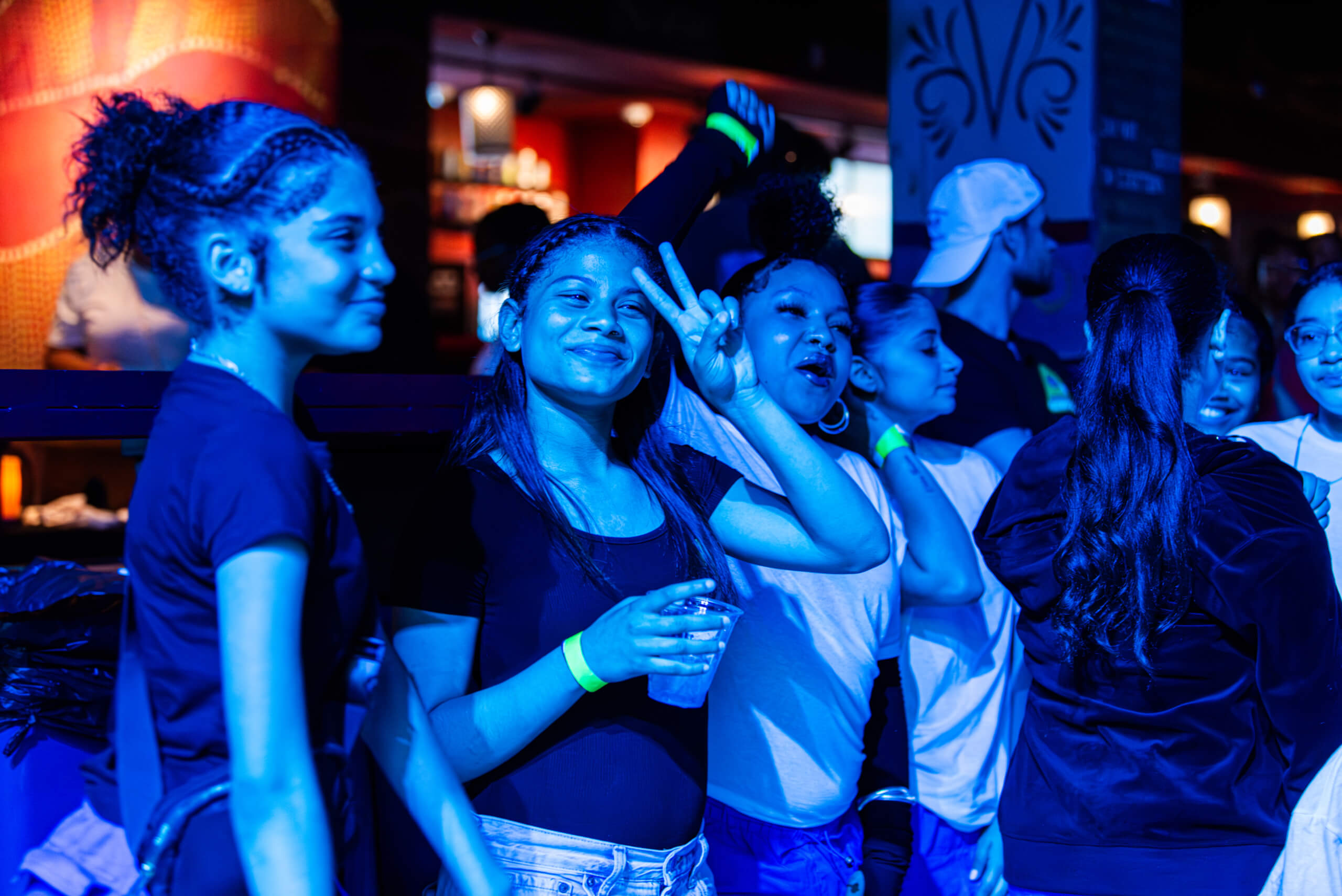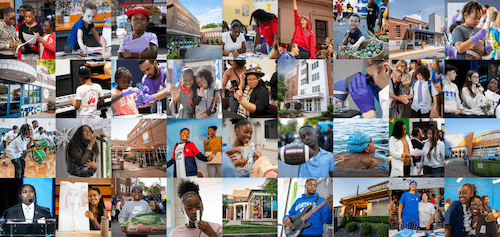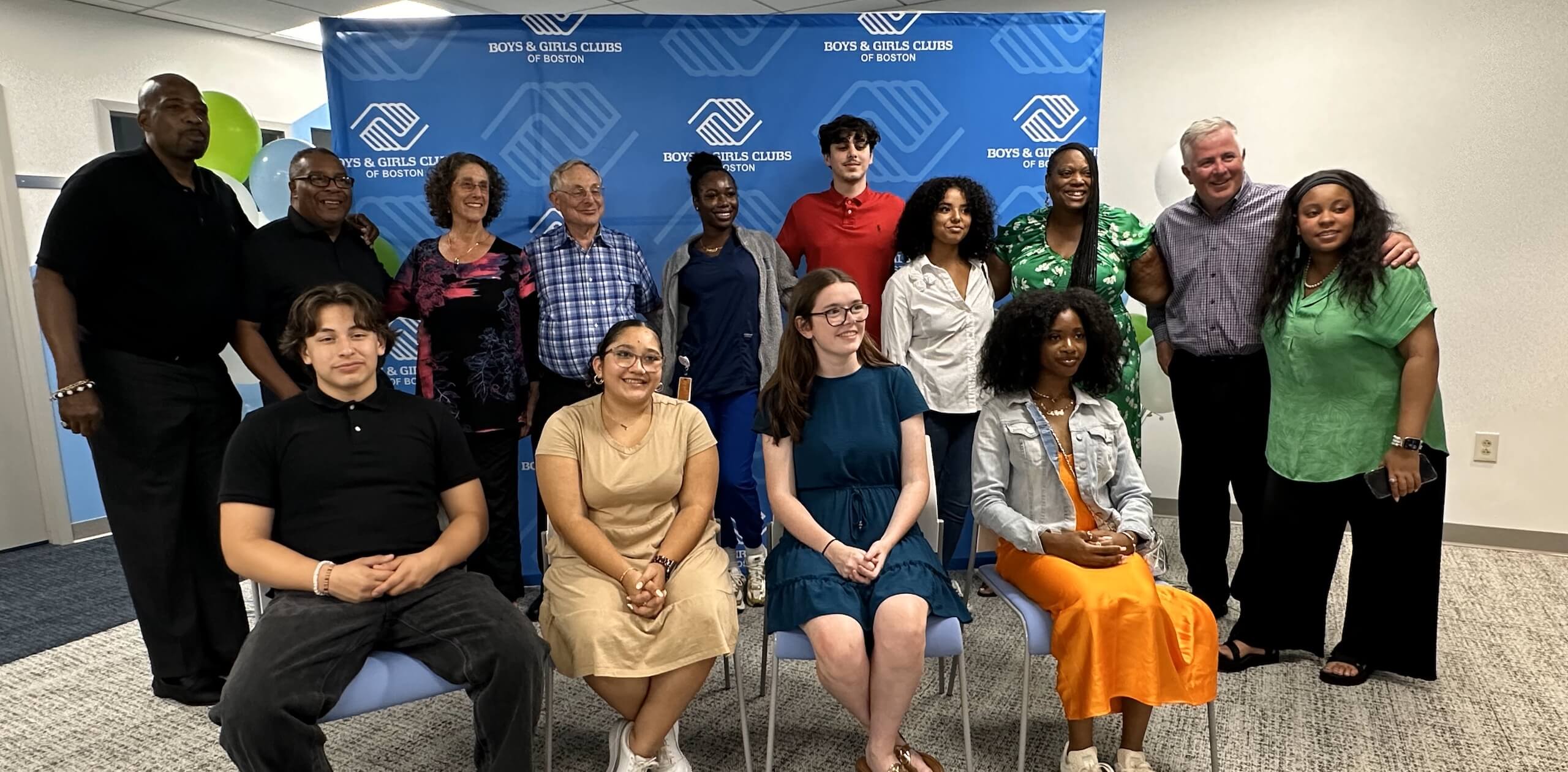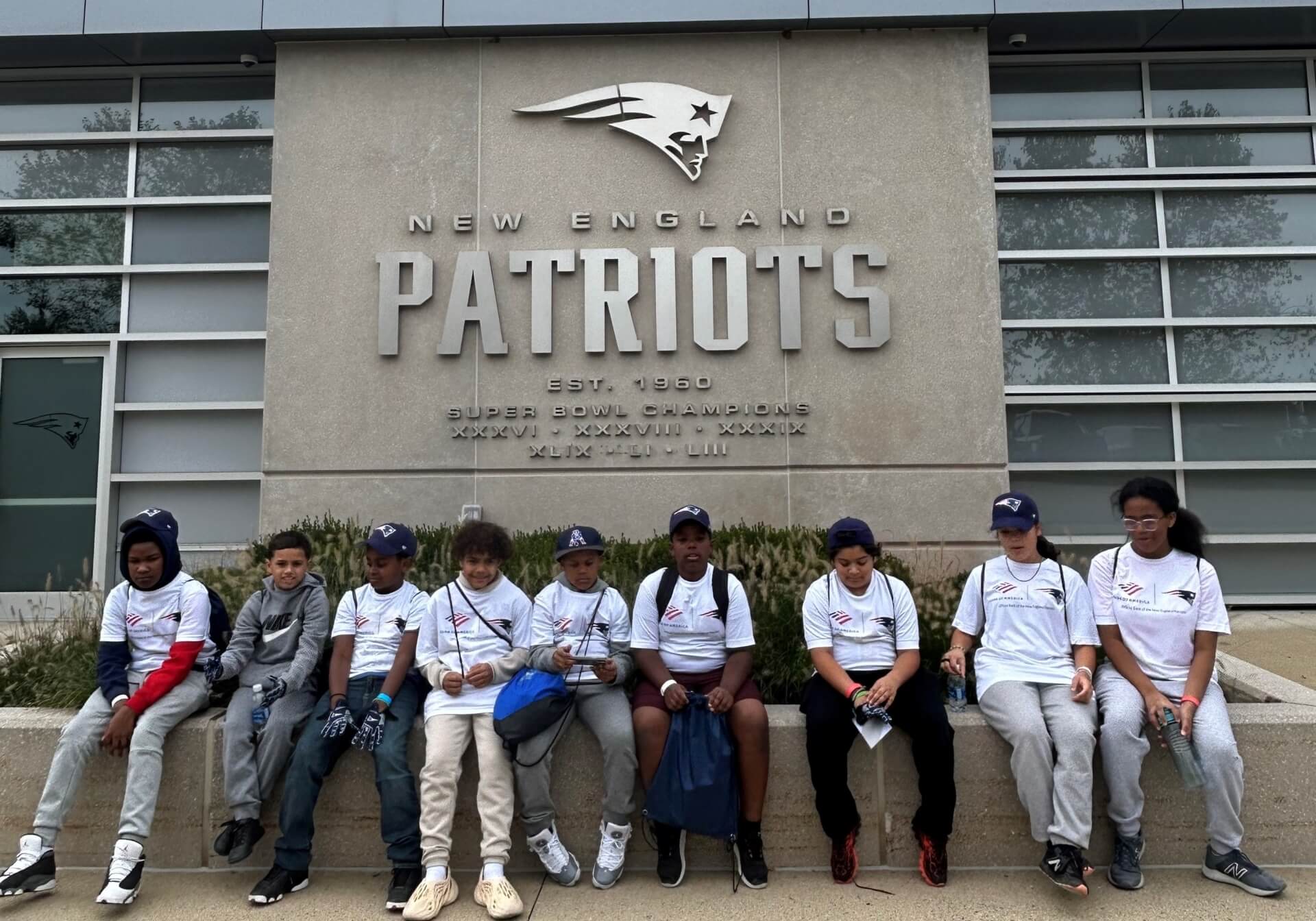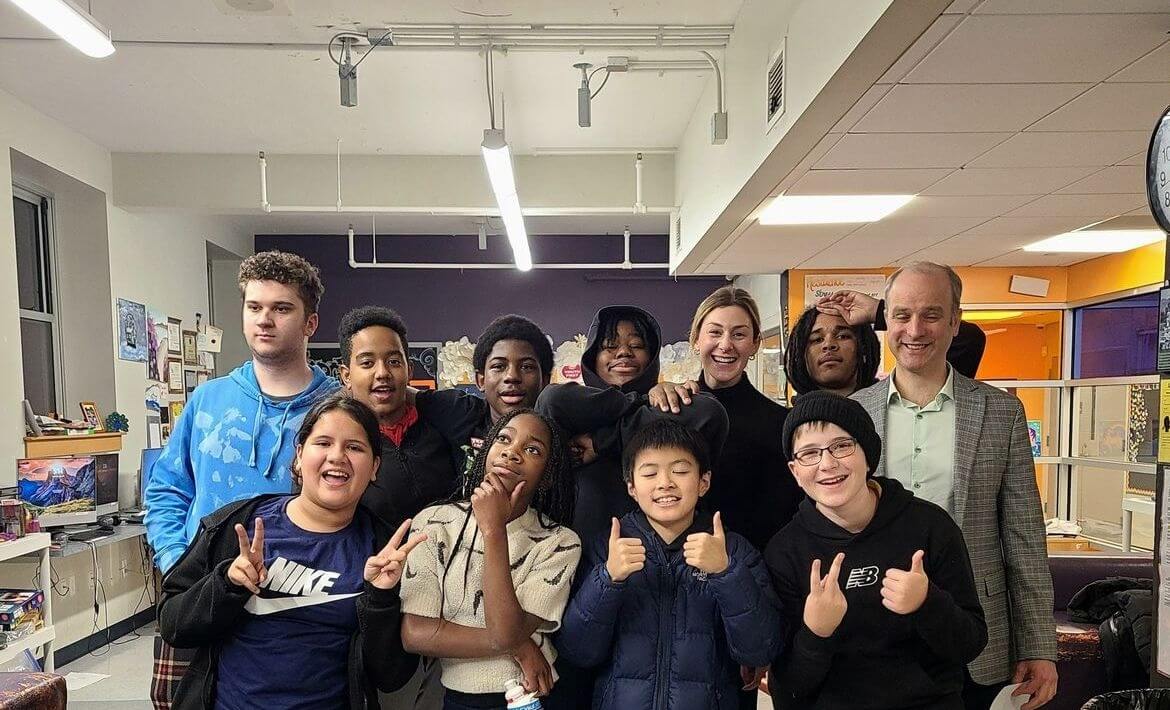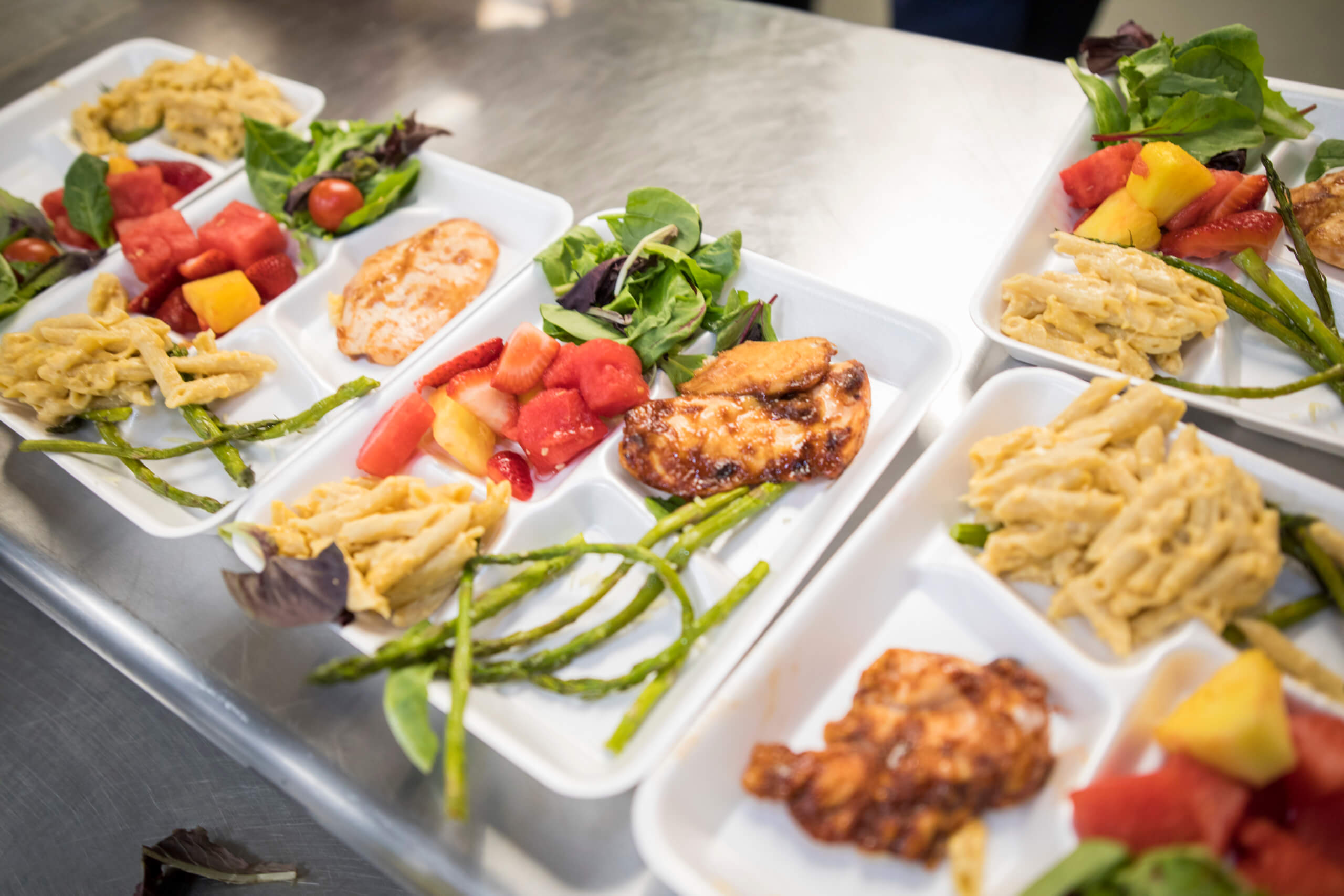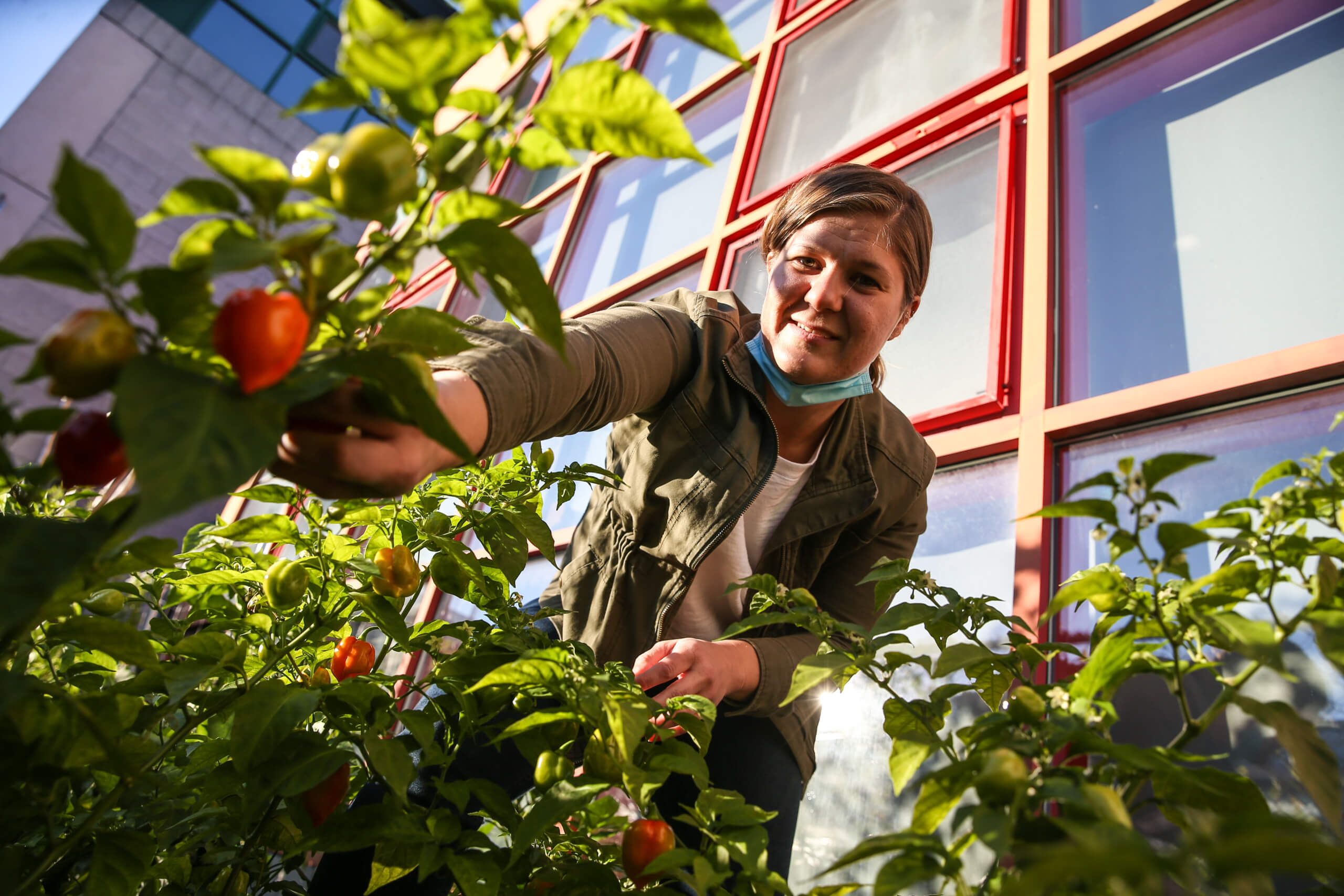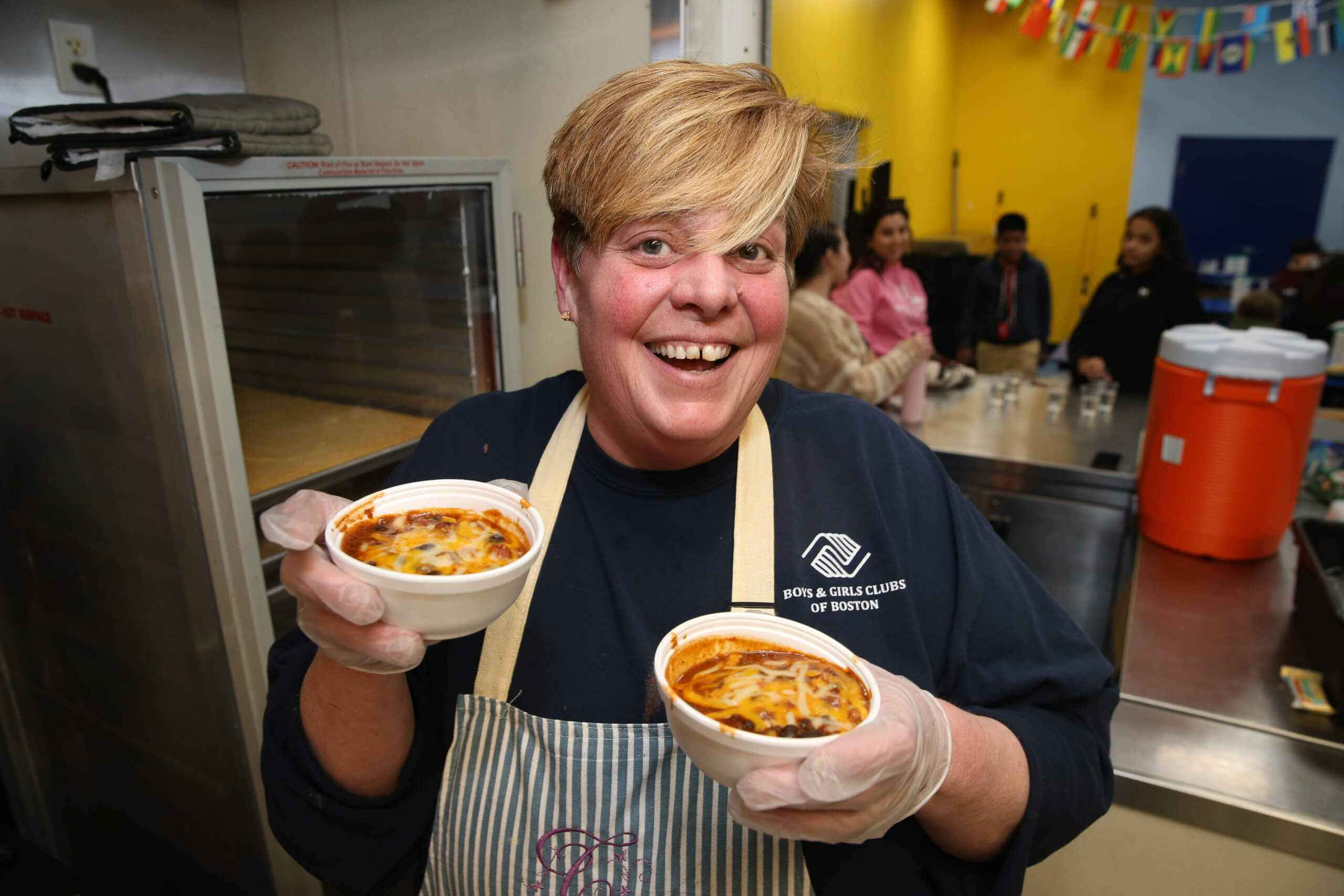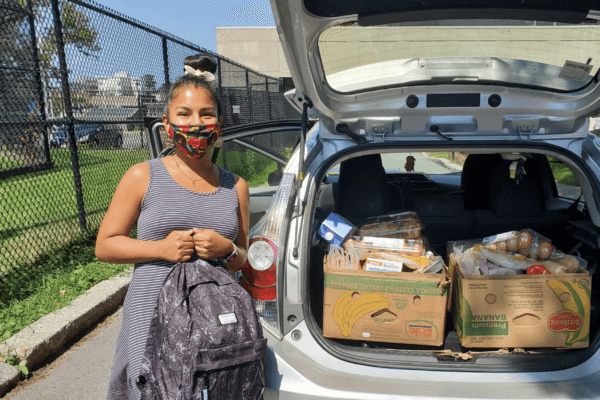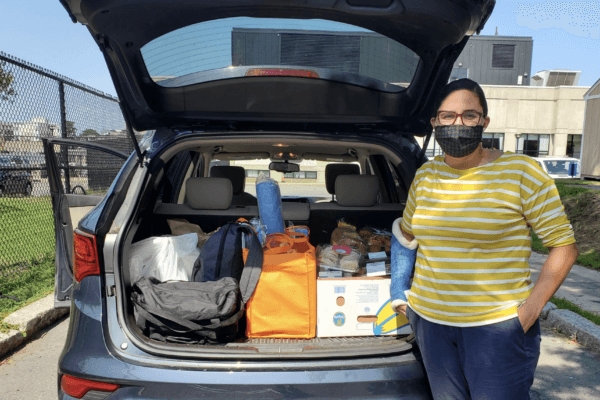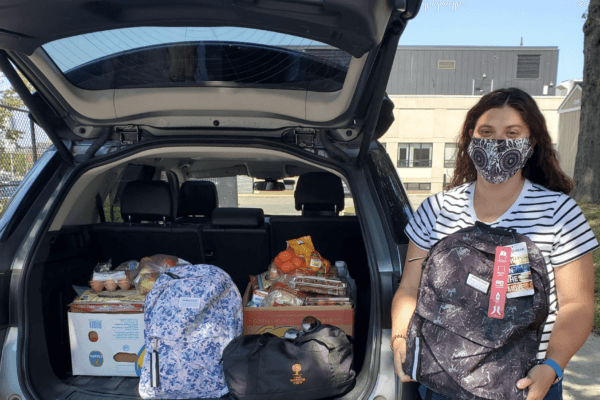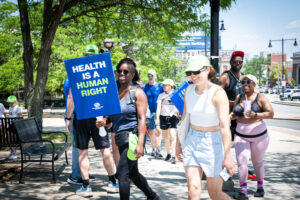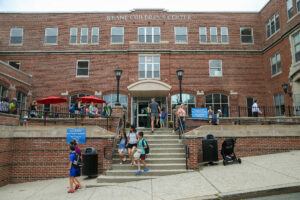The holiday season is a cheerful occasion for some households, but not for all. For other households, the holiday season can be especially challenging due to difficult circumstances beyond their control. In the city of Boston, the issue of food insecurity continues to grow more dire. The issue has deepened in recent years, exacerbated by the challenges posed by the COVID-19 pandemic and other economic factors such as inflation.
As the challenge of this issue intensifies within the city of Boston, it is imperative to be educated on three crucial insights as the holiday season approaches.
1. Understanding the Reality of Food Insecurity in Boston
Recent data indicates that food insecurity levels in Massachusetts, particularly in Boston, have reached alarming figures. According to a report from Project Bread, as of September 2023, approximately 18.8% of households in the state face food insecurity, with even higher rates among specific demographics such as Latino and Black communities, LGBTQ+ individuals, and households with children.
The consequences of food insecurity are far-reaching, affecting the well-being of individuals and families. Research from Project Bread also shows that around 21.9% of households with children in Massachusetts experience food insecurity, with rising housing and basic needs costs contributing to this trend. The tough choices families are forced to make, such as prioritizing between paying for utilities and buying food, emphasize the dire circumstances many residents face.
Based on data obtained from a research initiative led by Project Bread in collaboration with Children’s Health Watch, systemic barriers, institutional racism, and discrimination are driving the persistence of economic hardships in Massachusetts despite its wealth. Additionally, research from Boston Indicators states that before the pandemic, Massachusetts had a historically low unemployment rate, with families of color still facing challenges in housing, food affordability, healthcare, and childcare. This collective data emphasizes the enduring impact of discrimination in food and financial security, stressing the need for equity across racial and socioeconomic factors.
2. City of Boston’s Initiatives and Community Partnerships Addressing Food Insecurity
In response to the escalating crisis, Mayor Michelle Wu announced various initiatives to address food insecurity in Boston. The “Find Your Food Pantry” campaign, launched in collaboration with the Community Engagement Cabinet and the Mayor’s Office of Food Justice, aims to “connect residents with local food pantries and organizations working year-round to combat food insecurity,” as stated by the City of Boston. Additionally, the Office of Neighborhood Services is actively encouraging residents to contribute or volunteer through “Field Fridays.” More initiatives are also being established at Boston City Hall to facilitate access to SNAP and cash assistance programs.
Other organizations have created campaigns and initiatives to address the issue of food insecurity in the Boston community. The Greater Boston Food Bank (GBFB) formed the “Hunger Free Holidays” campaign to raise awareness and funds for Eastern Massachusetts residents in need. Additionally, partnerships between local and distant companies have enabled effective food distribution to those facing challenges such as coronavirus infections, limited transportation, or inability to visit distribution sites.
3. Boys & Girls Clubs of Boston’s Impactful Efforts to Address Food Insecurity
As part of its commitment to family wellness, Boys & Girls Club of Boston (BGCB) has emerged as a prominent contributor to addressing food insecurity. BGCB has utilized its Club locations as hubs for healthy food distribution, providing meals and grocery gift cards to members and their families. Creative partnerships with organizations like Fresh Truck, Green City Growers, and Harvard Pilgrim Health Care Foundation (HPHC) provide education on how grow and prepare healthy meals, and have further enabled BGCB to ensure that families have a “food home” at their Club.
“Growing up, my siblings and I relied on the school and summer lunches provided by our club. Most days, it was our only meal. Today, I am moved by the generosity of others who give with love and kindness to households faced with the challenge of food insecurity. I am so proud of the BGCB community for being a place where club members are served nutritious meals every day” explained Isidra Quiñones, Gerald and Darlene Jordan Club alum and Director of Alumni Engagement at BGCB.
Club locations ensure accessibility to healthy food for members, offering evening meals and snacks throughout the school year and summer programs. Furthermore, Clubs organize annual Thanksgiving dinners in the week leading up to the holiday, creating a nurturing environment for club members and their families, and promoting meaningful communal gatherings.
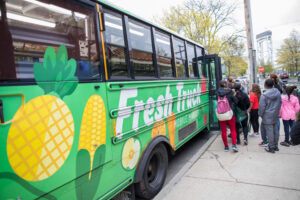
Fresh Truck parked outside of Gerald and Darlene Jordan Boys & Girls Club
“We take for granted that some households are a place to celebrate during the holiday season. Recognizing that this isn’t the case for all households is what sobers us as an integral part of our local community. We want our Thanksgiving event to provide meals to our club members and their families, foster communal gatherings, and celebrate each other’s humanity.” – Carl Thompson, Executive Director, Berkshire Partners Blue Hill Club
Additionally, there are practical and continual efforts that YouthConnect has established in partnership with local organizations to fight against food insecurity within the local Boston community. YouthConnect has been working with Lovin’ Spoonfuls for over three years, receiving fresh and healthy food resources to support their clients, particularly those in need. The program emphasizes recognizing the importance of meeting basic needs and cultivating transformational change.
Such efforts have a long-lasting impact on club members and families, even as they grow to become alumni.
The battle against food insecurity in Boston is ongoing, but the combined efforts of the city, community organizations, and dedicated partners are making a difference. The importance of addressing this issue cannot be overstated. Beyond ensuring access to food, addressing food insecurity is about safeguarding the health and well-being of individuals and communities. By understanding the challenges, supporting initiatives, and fostering partnerships, we can collectively work towards the future of the city of Boston where no one has to face the harsh realities of food insecurity.
